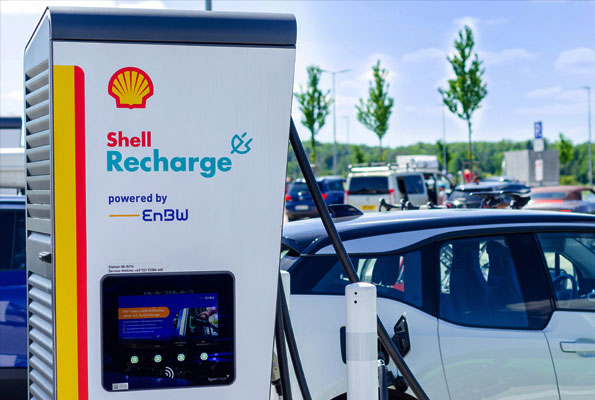Shell’s chair has recently said that setting absolute emissions limits from consumers’ use of its goods would be against shareholder interests and ineffective.
Several investors have encouraged Shell to set medium-term targets to cut Scope 3 end-user emissions, which comprise 95% of the energy company’s greenhouse gas emissions.
“The Board has examined setting a Scope 3 absolute emissions target but has decided it would be against the financial interests of our shareholders and would not help prevent global warming,” Shell Chairman Andrew Mackenzie stated in the report.
On May 23, 2023, Shell shareholders will vote on a motion by the activist group ‘Follow This’ to set 2030 emissions reduction goals in line with the United Nations’ 2015 Paris climate change pact.
Shell’s board has previously advised investors against such measures.
Shell plans to reduce its portfolio’s carbon intensity by 20% by 2030 and 100% by 2050. By 2030, it wants to cut its emissions in half from 2016.
Assessing emissions by intensity allows a corporation to boost fossil fuel output and emissions while employing offsets or adding renewable energy or biofuels to its product mix.
Shell contested a 2021 Dutch court ruling to cut emissions by 45% by 2030.
To restrict global warming to 1.5 Celsius (2.7 Fahrenheit), which experts estimate can avoid the worst impacts, greenhouse gas emissions must be decreased by 43% by 2030 compared to 2019.
As per a report from CleanTechnica, Shell is building a big foothold in the EV charging realm so that it at least has that diversification offshoot to profit off of.
It has been acquiring EV charging networks in recent years, including some very large ones. The oil giant, in 2023, acquired evpass, a Swiss EV charging network, which is also the largest in the European country.
Evpass reportedly makes up a third of Switzerland’s EV charging stations. Founded in 2016, and prior to this Shell acquisition, the venture was owned by Eaton, FMV (Forces Motrices Valaisannes), and energy supplier AEW.
“Shell has a target to operate over 500,000 charging points worldwide by 2025 and 2.5 million by 2030,” the company recently stated.
“Switzerland is an important market for our Mobility business where we plan to rapidly expand the number of EV charge points offered at our stations and destinations like supermarkets, hotels and car parks,“ said István Kapitány, Global Executive Vice President of Shell Mobility.
“For our customers, we aim to make the EV driving experience even more comfortable and convenient by offering drivers more charging infrastructure at more locations. The acquisition of evpass, with coverage in a third of Swiss municipalities, puts Shell in a leading position in the local EV charging market that we plan to extend even further,” he concluded.



